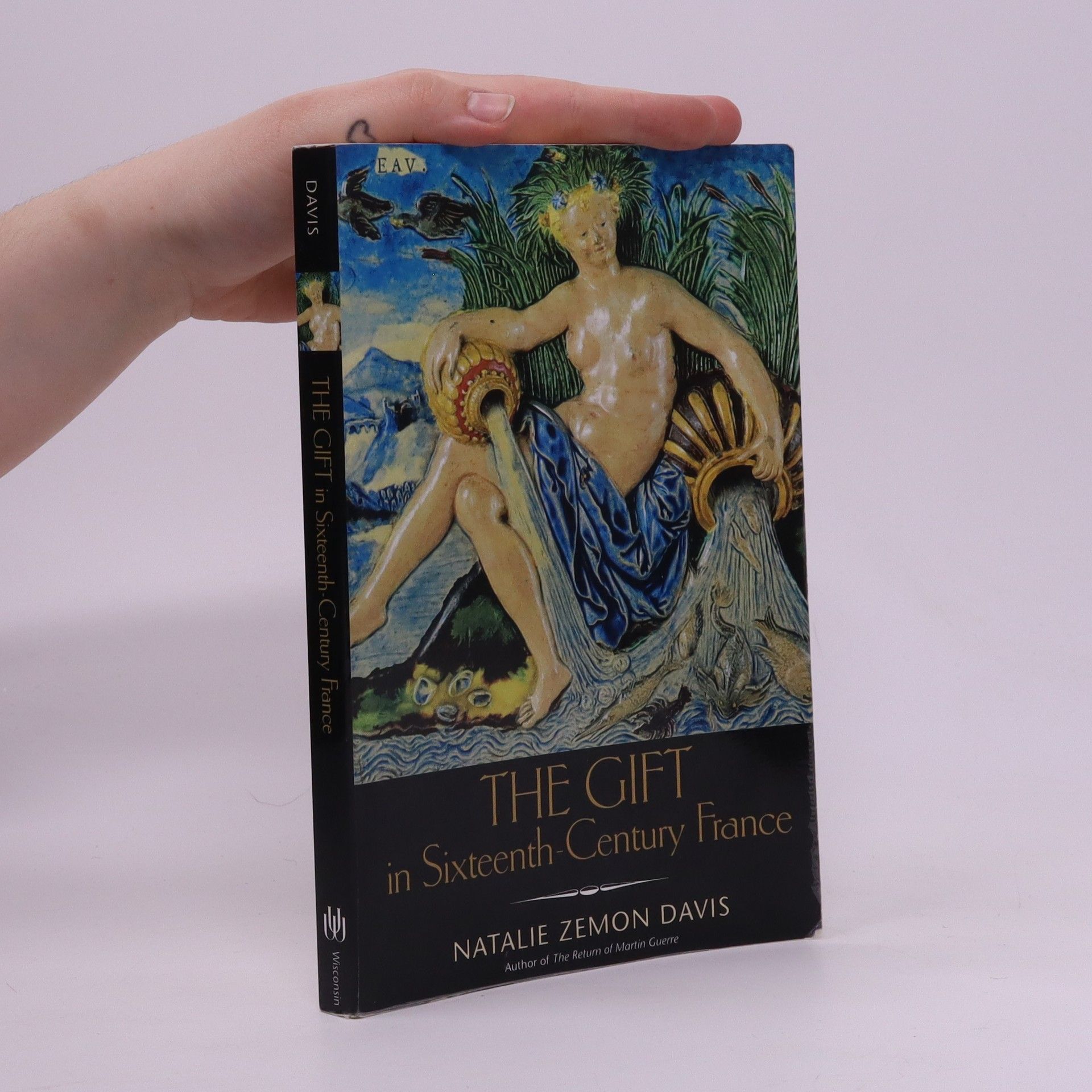En savoir plus sur le livre
Must a gift be given freely? How can we distinguish a gift from a bribe? Are gifts integral to human relations, or do they lose significance when the market prices every exchange? These questions shape our understanding of social relations, both historical and contemporary. In her exploration of gift-giving in early modern France, Natalie Zemon Davis illustrates how gift exchange is vital for comprehending alliances and conflicts in family life, economic relations, politics, and religion. From royal gifts to beggars' alms, she investigates the modes and meanings of gift-giving throughout sixteenth-century French society. This leads to a novel perspective on gifts—what Davis terms "the gift register"—as a lasting aspect of social relations over time. Gift-giving can foster friendship or incite disputes, blending the voluntary with the obligatory, and ranging from bribery to genuine generosity. By examining gifts through ethnographic sources like archives and letters, as well as cultural lenses such as literature and ethics, Davis argues that coercive elements in family life and politics, rather than market competition, disrupted the gift system. This thought-provoking work suggests that understanding the significance of gifts can enhance our social interactions today.
Achat du livre
The gift in sixteenth-century France, Natalie Zemon Davis
- Langue
- Année de publication
- 2000
- product-detail.submit-box.info.binding
- (souple)
Modes de paiement
Il manque plus que ton avis ici.


